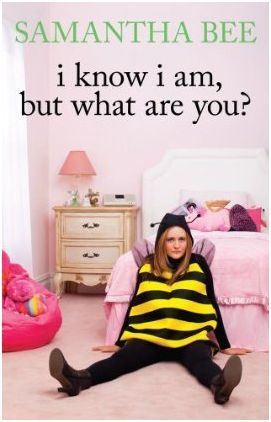RAINBOW PIE
Ah, finally a book one can truly relate too. A book about white trash and redneck culture. Although, not exactly the kind of culture you might initially think of, such as Nascar, Wrestling, and Deep Fried Twinkie eating contests. This delves deeper into the culture of low income, low class, economic slavery. Bageant gives a well rounded, inside view, of how the 'bottom' rung of the American population has went from backwoods hillbillies to mobile home mortgaging right wingers.
The book starts with Bageant recalling his childhood. It sounded idyllic. He was happy, he had a close extended family, he spent most of his days playing outside, he had plenty of local organic food to eat, a warm house in the winter, and even spent countless hours reading library books. All this took place on a small subsistence farm his family had tilled and nurtured for generations. It was ecologically friendly and sustainable. They were pretty much self sufficient and the things they could not do for themselves, well, with the help of some neighbors it could be done. Hard work and thrifty living were values of the culture...debt was avoided as much as possible. And, old Grandma and Grandpa seem to live healthy, active, valuable lives up into their 80s and beyond. It was a fulfilling life.
Boy, that sounds like a mighty fine life to me.
Apparently, this was a very common way of living eighty, ninety, one hundred years ago. A good chunk of the population lived this way. The redneck way.
Then comes 'development'. After WWII, things start to drastically change. Corporations gain more power, people start flocking to the city for a 'better' life, and rural America changes.
Bageant gives a well thought out theory of how Corporations and the Super-Rich use both the government and the media to exacerbate the rarely talked about classes in society. Rednecks, of course, are the low class. The hopelessly stuck, abused, exploited, disposable, 'cheap labour', that keeps the Rich rich. His book outlines how they have been made to leave the farming life and become a consuming, debt drowning, illiterate, low paid, group of people...all so the Corporations can have someone to sell things to, have cheap labour, and keep getting bigger and bigger.
His arguments, for the most part, made complete sense and made me feel the rage - rage against those terrible Multinationals!
But, what makes this book more than a neo-liberal attack ad is the white trash humour Bageant speckles through this book. The stuff you really want to read. The reason you picked up the book in the first place.
Come on? You see 'redneck memoir' and you expect some book about hunting Deer outta the back of your monster truck while drinking Miller Genuine Drafts, don't you?
Well, there are lots examples of stereotypical 'redneck/white trash' behaviour, but, Joe has a way of putting it all into context. Eg, the whole huntin' thing...and, how close to nature these rednecks really are. How they are stewards to the land and forests where they live, not tree huggers (don't ever imply that). They are practical. If there is no woods, there ain't gonna be no deer to hunt.
By the end of the book I had a new found appreciation for the hardships these rednecks have had to go through and a better understanding of why they behave the way they do. And, if you'll believe the overly repetitive jabs that Joe makes sure to put into every second page - the US is not a classless society. There are a few million rich folk exploiting hundreds of millions of lower class folk. And, the future is looking to get even worse...or, as he ended the book. It will be a natural circle, and we will end up back as hillbilly farmers.
RATING: READ



















